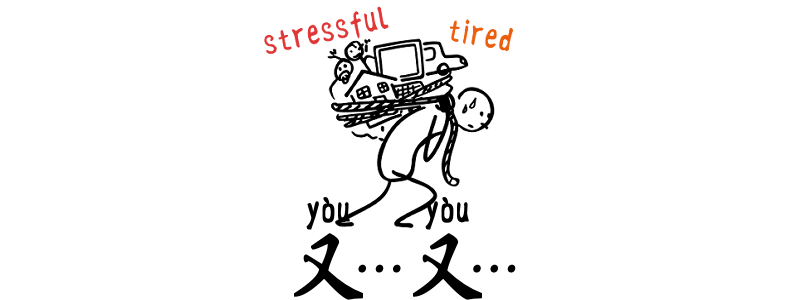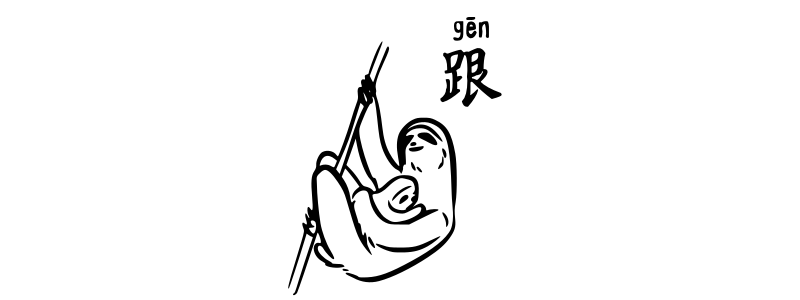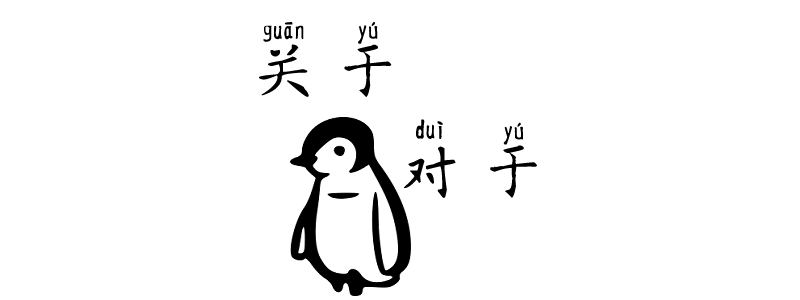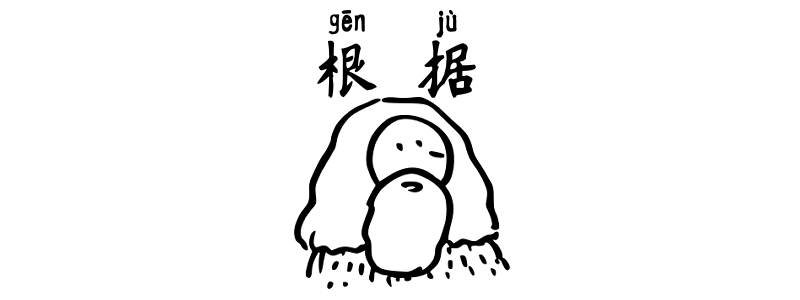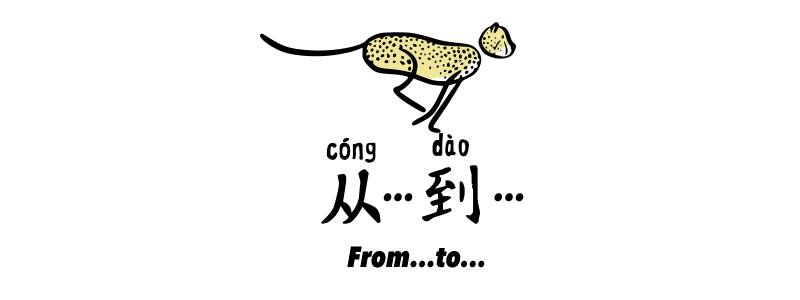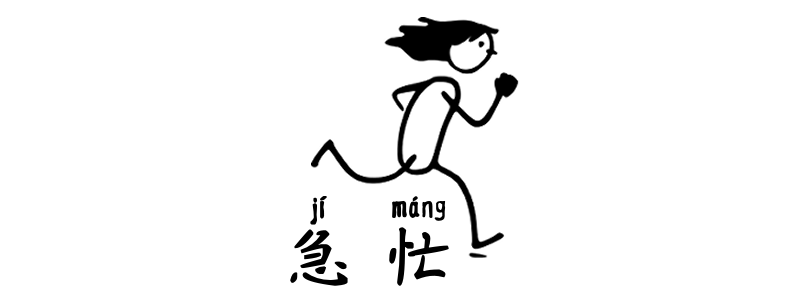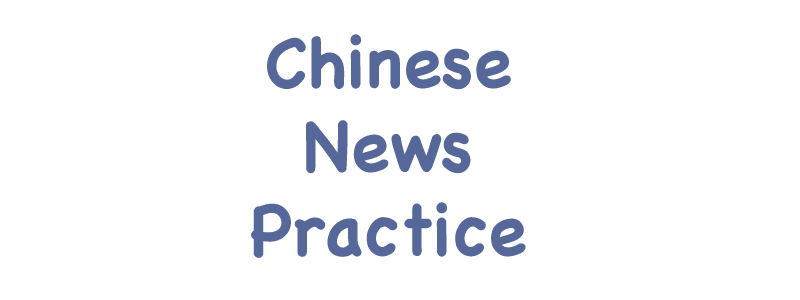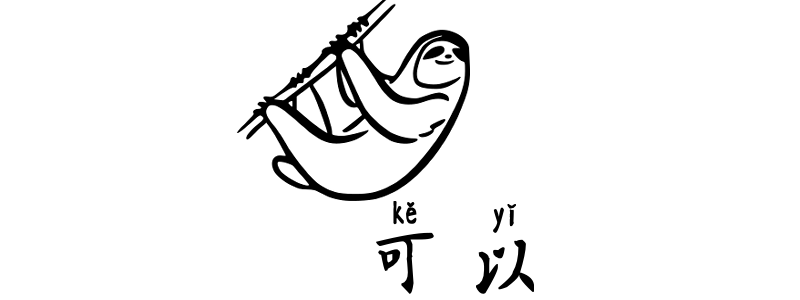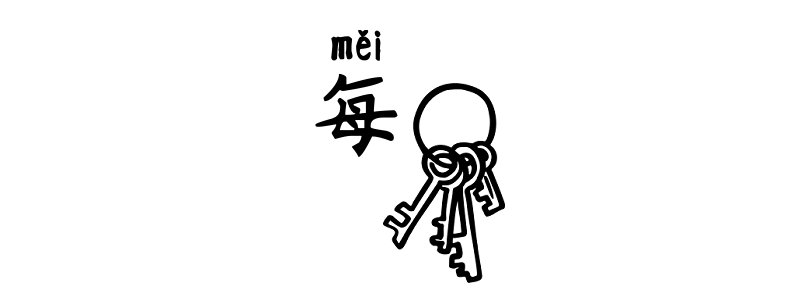Grammar Point:When you want to use more than two adjectives to describe one thing, you can use the 又 yòu structure. This structure is used to convey that something is “both… and…” in English. The two adjectives used in this construction should not contrast in feeling. In other words, they should either both be positive…
Author: tiffany
With – 跟 gēn
Grammar Point:跟 gēn It can be used to indicate association or combination, similar to “with” or “and” in English. Structure 跟 gēn – And (Similar to 和) 我wǒ跟gēn他tā是shì公司gōngsī同事tóngshì我wǒ跟gēn他tā是shì公司gōngsī同事tóngshìHe and I are colleagues in the company. 我wǒ喜歡xǐhuān兔子tùzi、 小鳥xiǎoniǎo、 貓māo跟gēn狗gǒu我wǒ喜欢xǐhuan兔子tùzi, 小鸟xiǎoniǎo, 猫māo跟gēn狗gǒuI like rabbits, birds, cats, and dogs. 你nǐ跟gēn你nǐ爸爸bàba都dōu會huì說shuō英文yīngwén嗎ma? 你nǐ跟gēn你nǐ爸爸bàba都dōu会huì说shuō英文yīngwén吗ma? Do you and your dad both speak…
“Regarding” in Chinese 1 – guānyú and duìyú
Grammar Point:In Chinese, guānyú 關於关于 and duìyú 對於对于 are both prepositions that can be translated as “about” or “regarding” in English, but they are used slightly differently. Structure Guānyú + N or N Phrase It names a topic and often emphasizes a range, then introduces a comment related to it. 關於guānyú這個zhège提案tíàn, 你nǐ有yǒu什麼shénme想法xiǎngfǎ嗎ma? 关于guānyú这个zhège提案tíàn, 你nǐ有yǒu什么shénme想法xiǎngfǎ吗ma? Regarding…
“According to” in Chinese 2 – gēnjù
Grammar Point:The Chinese word 根據据 gēnjù means making decisions or taking actions based on reasons or evidence, similar to “according to” or “based on” in English. It’s used when referring to using evidence, following instructions, or making decisions based on specific information. Structure 根據据 gēnjù + N 根據gēnjù今天jīntiān的de天氣tiānqì預報yùbào, 明天míngtiān可能kěnéng會huì下雨xiàyǔ根据gēnjù今天jīntiān的de天气tiānqì预报yùbào, 明天míngtiān可能kěnéng会huì下雨xiàyǔAccording to today’s weather forecast, it…
From A to B – 從 cóng and 到 dào
Grammar Point:In Chinese, the word 從从 cóng can be used as a preposition to indicate the origin or starting point of something. It is often translated as “from” in English. Structure 從从 cóng + place or time 你nǐ從cóng哪裡nǎlǐ來lái? 你nǐ从cóng哪里nǎlǐ来lái? Where are you from? 我wǒ從cóng台灣Táiwān來lái我wǒ从cóng台湾Táiwān来láiI’m from Taiwan. 她tā從cóng八點bādiǎn開始kāishǐ上課shàngkè她tā从cóng八点bādiǎn开始kāishǐ上课shàngkèShe starts her class at eight o’clock. 我wǒ從cóng2010 年nián開始kāishǐ教jiāo中文zhōngwén我wǒ从cóng2010…
“In a hurry” in Chinese – jímáng
Grammar Point:In Chinese, 急忙 jímáng is an adverb that means “hurriedly” or “in a hurry.” It is often used to describe actions that are done quickly or urgently. Structure 急忙 jímáng + V 他tā急忙jímáng走zǒu了le過去guòqù他tā急忙jímáng走zǒu了le过去guòqùHe hurried over. 我wǒ急忙jímáng給gěi他tā倒dào了le杯bēi水shuǐ我wǒ急忙jímáng给gěi他tā倒dào了le杯bēi水shuǐI hurriedly poured him a glass of water. 你nǐ急急忙忙jíjímángmáng地de是shì要yào去qù哪裡nǎlǐ? 你nǐ急急忙忙jíjímángmáng地de是shì要yào去qù哪儿nǎr? Where are you rushing off to in such a…
News Practice – BYD Surpasses Tesla
Click here to modify ↘️ the characters and pinyin 04:31 2022/10/11 中時新聞網 盧伯華The original article is here This is the slow version. If you want to listen to the regular broadcasting speed, please adjust to 1.5 speed on the side. 比亞迪bǐyàdí超越chāoyuè特斯拉tèsīlā: 中國Zhōngguó邁向màixiàng汽車qìchē製造zhìzào王國wángguó的de先聲xiānshēng比亚迪bǐyàdí超越chāoyuè特斯拉tèsīlā: 中国Zhōngguó迈向màixiàng汽车qìchē制造zhìzào王国wángguó的de先声xiānshēng 大陸dàlù新xīn能源車néngyuánchē製造商zhìzàoshāng比亞迪bǐyàdí公佈gōngbù9 月yuè銷售量xiāoshòuliàng數據shùjù出爐chūlú後hòu, 全球quánqiú汽車業qìchēyè都dōu為wèi之zhī震動zhèndòng, 雖說suīshuō相較xiāngjiào於yú燃油車rányóuchē, 新xīn能源車néngyuánchē尚shàng難以匹敵nányǐpǐdí, 但dàn它tā畢竟bìjìng是shì全球quánqiú都dōu看好kànhǎo的de趨勢qūshì。 而ér比亞迪bǐyàdí能néng在zài短短數年duǎnduǎnshùnián之內zhīnèi擊敗jībài特斯拉tèsīlā成為chéngwéi新xīn能源車néngyuánchē霸主bàzhǔ, 印證yìnzhèng了le包括bāokuò特斯拉tèsīlā老闆lǎobǎn馬斯克mǎsīkè與yǔ各國geguó汽車qìchē大廠dàchǎng的de預測yùcè: 中國Zhōngguó將jiāng成為chéngwéi獨霸dúbà全球quánqiú的de汽車qìchē製造zhìzào大國dàguó, 同時tóngshí也yě是shì全球quánqiú最大zuìdà的de汽車qìchē市場shìchǎng。 而ér更gèng新xīn的de趨勢qūshì則zé是shì: 這個zhège預言yùyán將jiāng因yìn新xīn能源車néngyuánchē的de高速gāosù成長chéngzhǎng而ér提前tíqián到來dàolái。…
Can – permission 可以 kěyǐ
可以 kěyǐ 可以 kěyǐ refers to permission or the ability to do something in a given situation. It is often used to make requests or ask for permission, and can also be used to describe what is allowed or permissible in a particular context.It is similar in meaning to the English phrases “may I” or…
Each and Every – 每 měi
Grammar Point:每 měi is a Chinese character that means “every” in English. It is often used to indicate the recurrence of an action or event at regular intervals. Structure 每 měi + Measure Word + (N) + (都 dōu) Some Chinese words don’t need extra measure words because they are already like measure words. For…
“About to” in Chinese – jíjiāng
Grammar Point:The Chinese word 即將将 jíjiāng means “soon” or “about to.” It indicates that an event or action is imminent or approaching in the near future. It conveys the sense of something happening shortly or being on the verge of occurring. Structure jíjiāng + Verb 即將将 jíjiāng is generally considered a formal term in Chinese….
